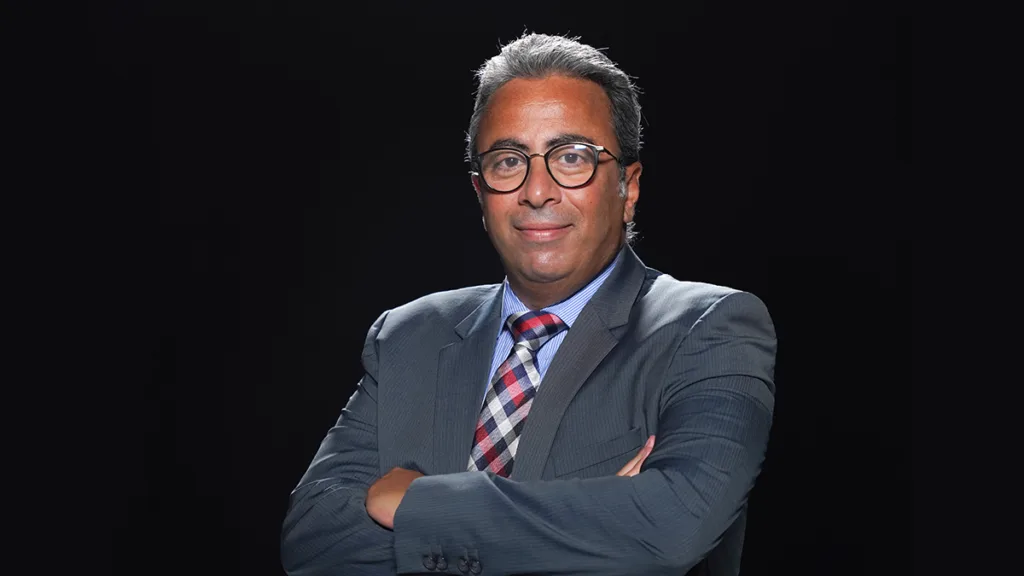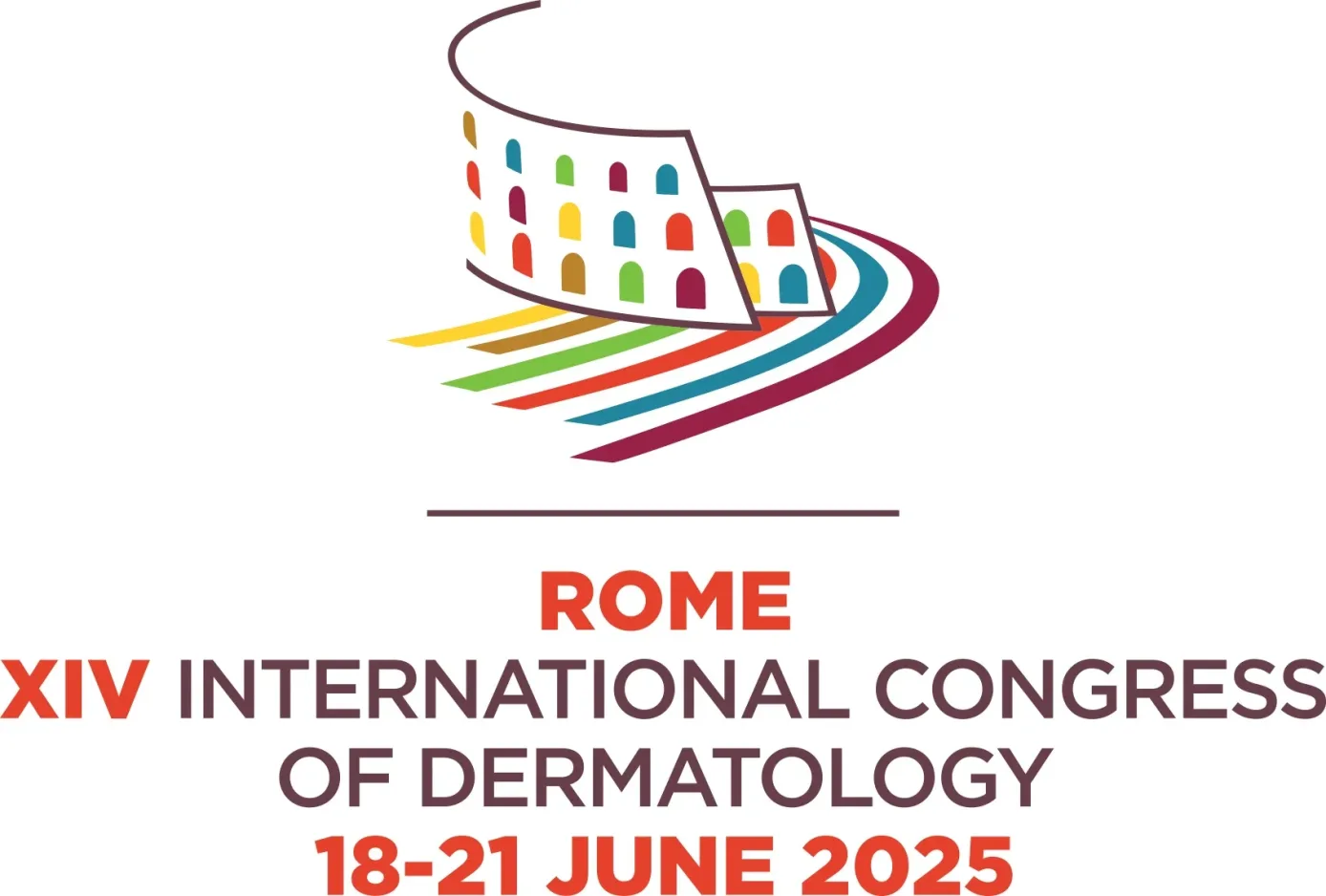Disease in its many forms continues to bring heartbreak and suffering to humankind and a burden to our societies. It is a ruthless enemy that must be defeated. Far too many patients still suffer from illnesses, many of which can be prevented or potentially cured in the coming years. Pfizer has been at the forefront of tackling diseases head-on for over 175 years. Innovation has been at the heart of everything we do, from the way we manufacture breakthrough medicines to ensuring the accessibility of these medications, so they reach those in need, wherever they are.
Pfizer Journey with Anti-Parasite Medication
Pfizer’s journey began with a medical breakthrough. When Charles Pfizer and his cousin Charles Erhart arrived in America from Germany in 1849, they saw people suffering from intestinal worms due to the lack of widespread refrigeration. The only medication available, santonin, was so bitter that people avoided it. Combining Pfizer’s expertise in chemistry with Erhart’s experience in confectionery, the pair blended santonin with an almond-toffee flavoring, shaped it into a candy cone, making it both palatable and effective.
Also Read: Pfizer Reflects on 175-Year Global Legacy and Decades of Regional Breakthroughs
Mass Production of Penicillin
Penicillin, first discovered by British scientist Alexander Fleming in 1928, was in high demand during World War II. However, the production of the drug was unable to meet market demands. In 1944, Pfizer invested millions to convert a vacant ice plant in Brooklyn into an innovative production facility. In just four months, Pfizer perfected the deep-tank fermentation process, producing five times more penicillin than expected. The drug was effective in treating a variety of infections, including streptococcal, staphylococcal, and gonococcal infections. The United States Army recognized the value of penicillin in treating surgical and wound infections, and it became the primary treatment for syphilis in the armed forces of Britain and the United States. Pfizer received the Army-Navy “E” Award for this critical contribution to the war effort.
Helping to Preserve
Alzheimer’s disease is a heartbreaking illness that mainly affects the elderly, causing memory loss and severely impacting daily activities. Until 1996, the only available drug for Alzheimer’s patients could cause serious liver abnormalities, requiring regular liver function checks—a task that becomes increasingly difficult as the disease progresses. Pfizer collaborated with Eisai Company of Japan to bring an alternative drug to the market with fewer side effects. While neither drug slows the progression of Alzheimer’s, they ease symptoms by slowing the breakdown of acetylcholine, a chemical in the brain that facilitates nerve cell coordination, helping to prolong patient memories.
Leading the Fight Against Cancer
Cancer remains one of the biggest health challenges of our lifetime. Despite significant progress, it is the second leading cause of death worldwide, with approximately one in five people globally receiving a cancer diagnosis in their lifetime. Over the last two decades, Pfizer has pioneered several innovations across multiple types of cancer. Breakthrough targeted therapies include the first precision medicine in lung cancer targeting the anaplastic lymphoma kinase (ALK) gene and the first cyclin-dependent kinase (CDK) 4/6 inhibitor, which revolutionized the management of hormone receptor (HR)+ breast cancer. Pfizer currently has five leading cancer medicines in its portfolio, with a goal to grow this to eight by 2030.
Pfizer remains committed to combating global health crises, driven by a relentless pursuit of innovation and dedication to making a difference in the lives of patients around the world.
Protection Against COVID-19
COVID-19 brought the world to a halt as the virus spread rapidly, killing millions and putting unprecedented pressure on global healthcare systems. While the general population went into hiding in fear of the virus, Pfizer joined forces with BioNTech in March 2020 to develop an mRNA vaccine. The vaccine, with a 95 percent efficacy rate, was quickly approved by several nations, including the United States and the United Arab Emirates, providing protection against the virus and reducing hospitalization needs for those affected. In 2021, Pfizer complemented its COVID-19 vaccine with an oral antiviral treatment, proving effective in reducing symptom severity and keeping COVID-19 patients out of the hospital.
An Accord for a Healthier World
Launched in 2022, ‘An Accord for a Healthier World’ is a first-of-its-kind initiative to enable sustained, equitable access to high-quality, safe, and effective medicines and vaccines. Through this Accord, Pfizer provides low-income markets with its full portfolio of vaccines and medications on a non-profit basis, aiming to bridge the gap in health equity and enhance access to healthcare innovation. The initiative aims to provide prevention and treatment options for those impacted by deadly infectious diseases, as well as certain cancers and rare and inflammatory diseases, benefiting 1.2 billion people in 45 lower-income countries worldwide.

The Road Ahead for Pfizer
Pfizer remains committed to combating global health crises, driven by a relentless pursuit of innovation and dedication to making a difference in the lives of patients around the world. The company aims to leverage the power of artificial intelligence (AI) to enhance patient outcomes, further expand its oncology offerings, and increase vaccine accessibility across the region and beyond. Pfizer plans to have 35 launches across the Middle East and North Africa (MENA) in 2024, remaining committed to enhancing patient access through various access programs and partnerships to improve patient care and foster economic growth. Pfizer will continue to be at the forefront of medical advancements, addressing the challenges of today and tomorrow with the same passion and determination that have defined its legacy, building a healthier, more equitable world for all.

















